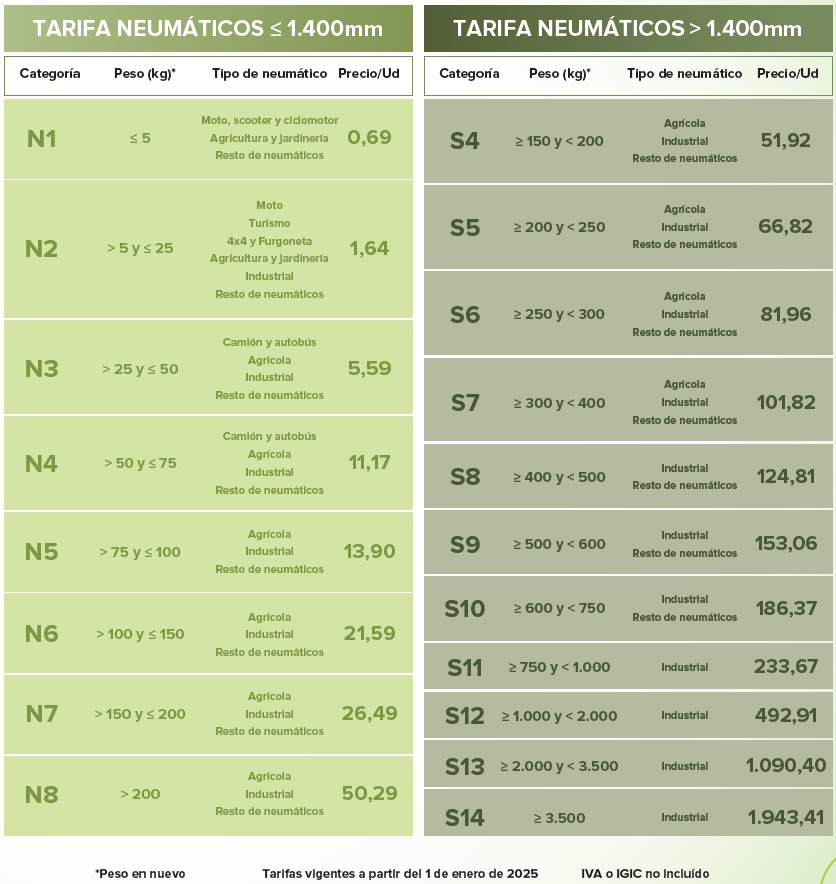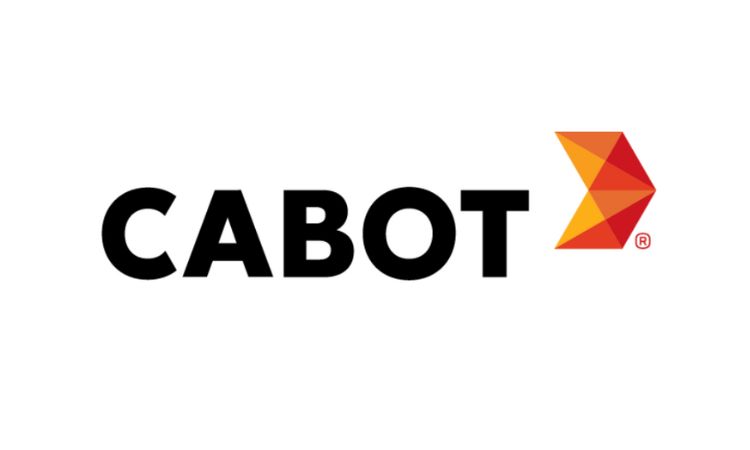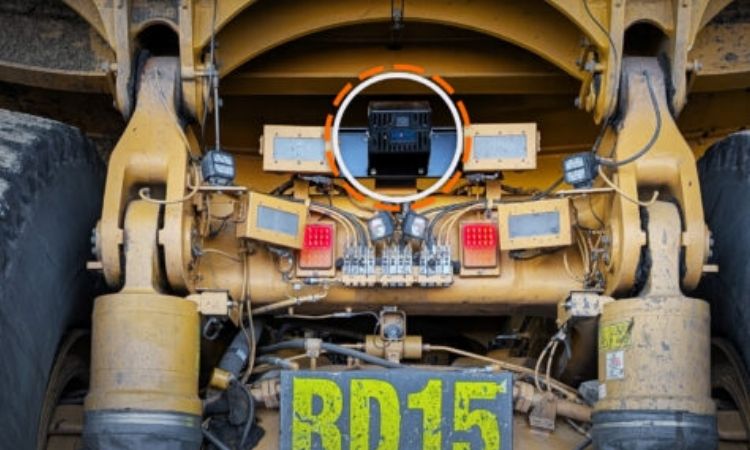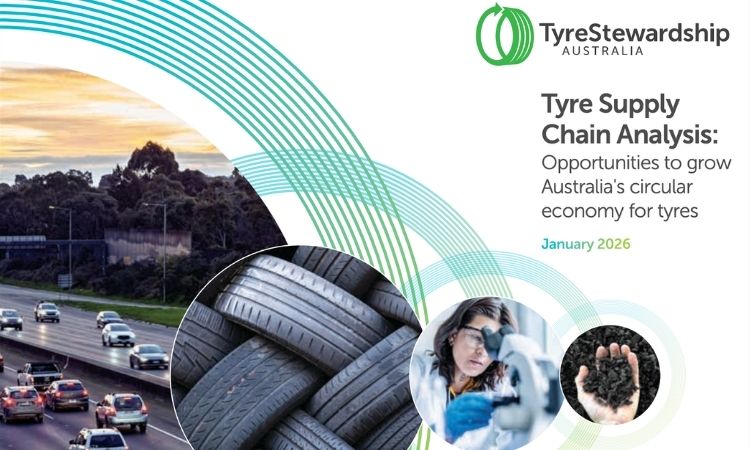Signus reduces tire management fees by 3.4% for 2025
SIGNUS has announced a 3.4% reduction in the Ecovalor tire management fees for 2025, reflecting adjustments to the average weight of tires and decreased management costs. The update was revealed during a press meeting where SIGNUS reviewed its 2024 accomplishments and outlined upcoming initiatives for 2025.
Key 2024 results and regulatory updates SIGNUS managed approximately 215,000 tons of used tires in 2024, exceeding its mandatory obligation by 10,000 tons. The surplus arose from unregistered intra- and extra-community purchases and tires placed on the replacement market by Authorized Treatment Centers (CATs). SIGNUS has called for increased oversight and inspections to address these issues.
Additionally, a new Royal Decree on tire management is expected in early 2025. Key changes include streamlined administrative procedures, the introduction of eco-modulation for management cost adjustments, enhanced financial guarantees for extended producer responsibility (EPR) systems, and clarified obligations for tire producers, waste generators, and recyclers.
Fee structure changes and sustainability projects For 2025, SIGNUS has restructured Ecovalor fees, particularly for tires with diameters over 1,400 mm, simplifying their classification. Changes also account for the growing prevalence of larger passenger car tires, such as those with 17-20 inch rims, while smaller sizes like 13-15 inches are becoming less common.
The revised fees reflect efficiency gains and reduced management costs, aligning with SIGNUS’s commitment to sustainability.

Ecovalor tire management fees for 2025. | Image by SIGNUS.
SIGNUS also highlighted achievements from 2024, including the GREENFU project (developing thermoplastic-rubber materials for automotive and construction sectors), the PERSEUS project (designing durable, noise-reducing pavements), and the CITYRE Guide (promoting urban uses for recycled tire materials). Plans for 2025 include developing guides on urban pavement solutions and tire-based construction materials in collaboration with Madrid’s Polytechnic University, as well as advancing pyrolysis technologies and evaluating textile fraction behavior.
For more details, visit SIGNUS’s official website.
Weibold is an international consulting company specializing exclusively in end-of-life tire recycling and pyrolysis. Since 1999, we have helped companies grow and build profitable businesses.









